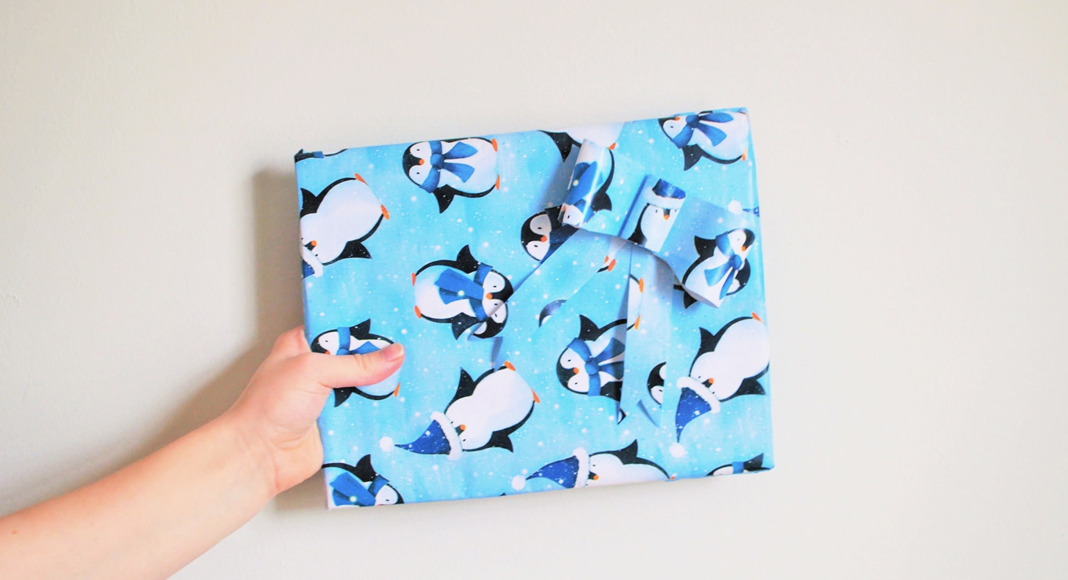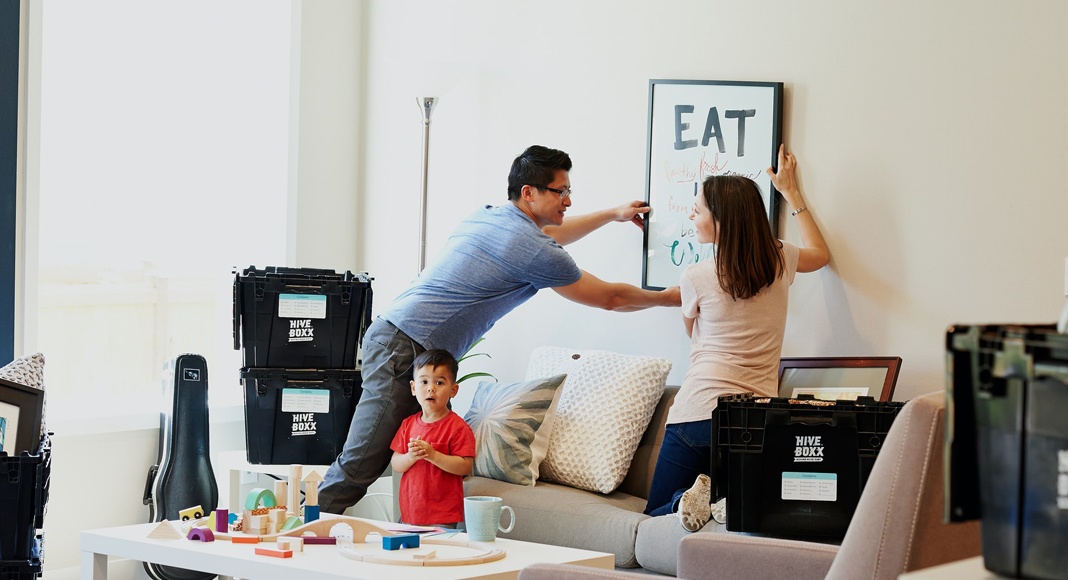Thinking about getting a pet? Don’t know what kind to adopt? As a shelter that sees over 1,000 animals surrendered each year, our goal at Snake River Animal Shelter (SRAS) is to get animals in the right homes.
It’s important to find a pet that meshes with your family. Consider the following areas as
you decide which kind of pet is the best fit. In this article, we’ll be referring to small,
household pets.
Cost
Does your budget allow for a pet? When considering cost, there’s more to account for
than just the upfront expenses of food bowls, tanks, and adoption fees. There are also
long-term expenses, such as vet care, boarding, and training.
- It’s wise to make a detailed budget for pet care costs that include unanticipated
charges, such as emergency vet bills. For more specific examples of pet care costs,
check out these suggestions from Ramsey Solutions: How to Budget for Pet Costs.
Time and Lifestyle
All animals require time, even goldfish! Some need a lot more than others, though.
Think about how long it will take to feed, clean up after, and provide enrichment for
different pets.
- For example, a dog might need a scoop of dry food, but a lizard might need chopped
veggies. Fish might need their tank cleaned twice a month, but cats need their litter box
scooped each day. Guinea pigs might be content with cuddling and monitored
exploring, but dogs need more involved play time.
What do you envision yourself doing with your pet each day? What kind of
companionship are you seeking?
Before deciding what kind of pet fits your lifestyle, do your research. “Do I Have Enough
Time for A Pet” is a helpful resource, and if you’re adopting from an animal shelter, be
honest with your adoption counselor when discussing your daily time allowance. They
can advise you on what will be best for your family and potential pets.
Space
The size of your residence is important to consider. Recognize the amount of physical
space available – a goldfish can thrive in a studio apartment, but an active, 70-pound
dog will struggle in a 500-square-foot home without proper enrichment.
Consider what sounds and smells you can tolerate in your space. Dogs bark, birds
tweet, and mice squeak. Cats have litter boxes, ferrets produce strong smells, and all
pets go to the bathroom! Perform a self-evaluation of what you can tolerate. Not sure?
- Talk with animal shelter staff, or find a friend with your desired pet to see what their
home is like. - Check to see if you’re even allowed to have a pet in your present living situation.
Housing issues are the #1 reason pets are surrendered to SRAS, so ensure you have
written landlord approval before adopting your new companion.
Other Considerations
Once you’ve determined what you can afford, what kind of pet will work best for your
schedule and lifestyle, and how much space you have, there are a few more questions
to ask:
- Are all family members or household residents on board?
- Does your pet need to be kid-friendly? If you have children, will they interact well
with the pet? - Do you have other animals that need to get along with the new one?
- Will your pet need training?
- Can you provide an advanced diet (live crickets, fresh fruit, etc.)?
- What kind of habitat can you give your pet (fenced yard, heat lamps, etc.)?
- Are you ready to commit to a cat that can live up to 20 years? Or, would you do
better with a gerbil that is likely to live three to four years?
It’s a lot to think about, but all are important questions to consider.
Choosing which kind of pet to adopt can be a difficult decision, but life with a pet can
provide you with more joy, laughter, and life lessons than you can imagine! Take your
time and thoroughly consider which kind of pet best suits you and your family.
If you’re still not sure, consider SRAS’ Doggy Day Break, where you can take a dog out
for a walk, cuddles, and treats. SRAS also offers trial adoptions to ensure a dog is right
for you.
If you’re interested in adopting a cat or dog, check out SRAS’ available pets HERE. We wish you the best as you search for your new companion, and please reach out if we can assist you on your journey!
Contributing Author: Kali Farnsworth

Kali Farnsworth began her relationship with Snake River Animal Shelter (SRAS) in 2017, when she helped her friend adopt a dog from the shelter. In 2021, after graduating with a Bachelor’s degree in Communication, she started working for SRAS on the development team. Kali left the workforce to raise her son but enjoys volunteering at the shelter with him each week. Kali is passionate about caring for animals and is always striving to advocate for them.












